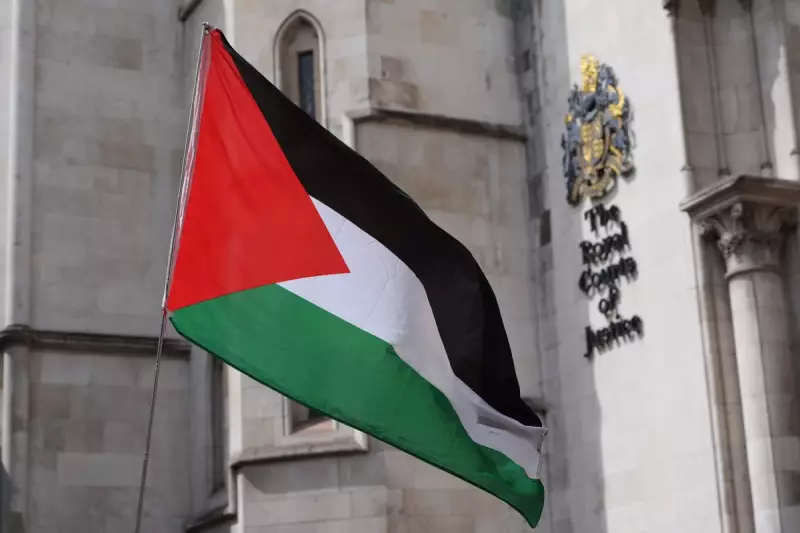
The Crown Prosecution Service (CPS) for London has issued a stark warning to participants in pro-Palestine demonstrations, stating that individuals displaying extremist symbols or engaging in threatening behaviour will face robust criminal prosecution.
This clarification comes amidst ongoing nationwide protests concerning the conflict in Gaza. The CPS emphasises that while the right to peaceful protest is fundamental, it does not extend to actions that intimidate or threaten others.
Defining the Legal Boundary
The legal guidance specifically targets behaviour that crosses into criminality. This includes, but is not limited to:
- Chanting slogans that are threatening or intended to stir up hatred.
- Displaying symbols, banners, or placards that could be interpreted as supporting proscribed terrorist organisations.
- Making verbal threats or statements that cause fear and distress to the public or specific communities.
The CPS stated that each case would be assessed on its individual merits, considering the context and intent behind the actions. However, the directive leaves no room for ambiguity: actions deemed to be extremist in nature will be met with the full force of the law.
A Response to National Events
This policy reinforcement follows several high-profile incidents. Notably, the CPS is currently reviewing a case from Southwark, South London, where a man was filmed chanting allegedly threatening phrases. Another incident under investigation occurred in Cardiff, Wales, further highlighting the UK-wide relevance of the issue.
The move is seen as an effort to provide clear boundaries for acceptable protest behaviour and to reassure communities who have felt threatened or targeted by certain displays at recent rallies.
Balancing Act: Protest Rights vs. Public Safety
The CPS maintains that its primary duty is to uphold the law and ensure public safety. A spokesperson for the service clarified, "Our legal guidance carefully balances the right to peaceful protest with the duty to protect the public from harm. We are committed to tackling offences where they occur and will work with the police to build strong cases for prosecution."
This stance underscores the fine line authorities must walk in facilitating free speech while preventing intimidation and violence, a challenge that has become increasingly prominent in the current climate.





